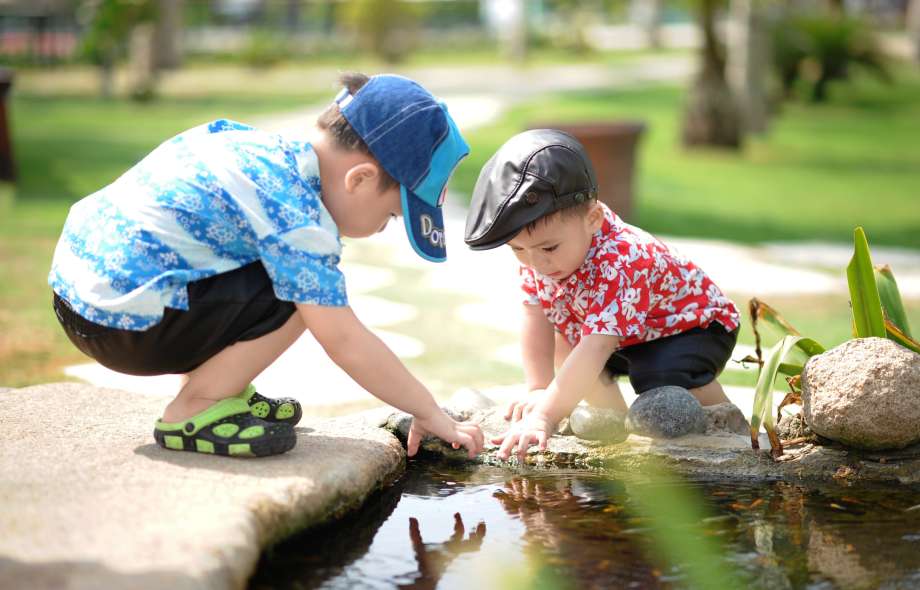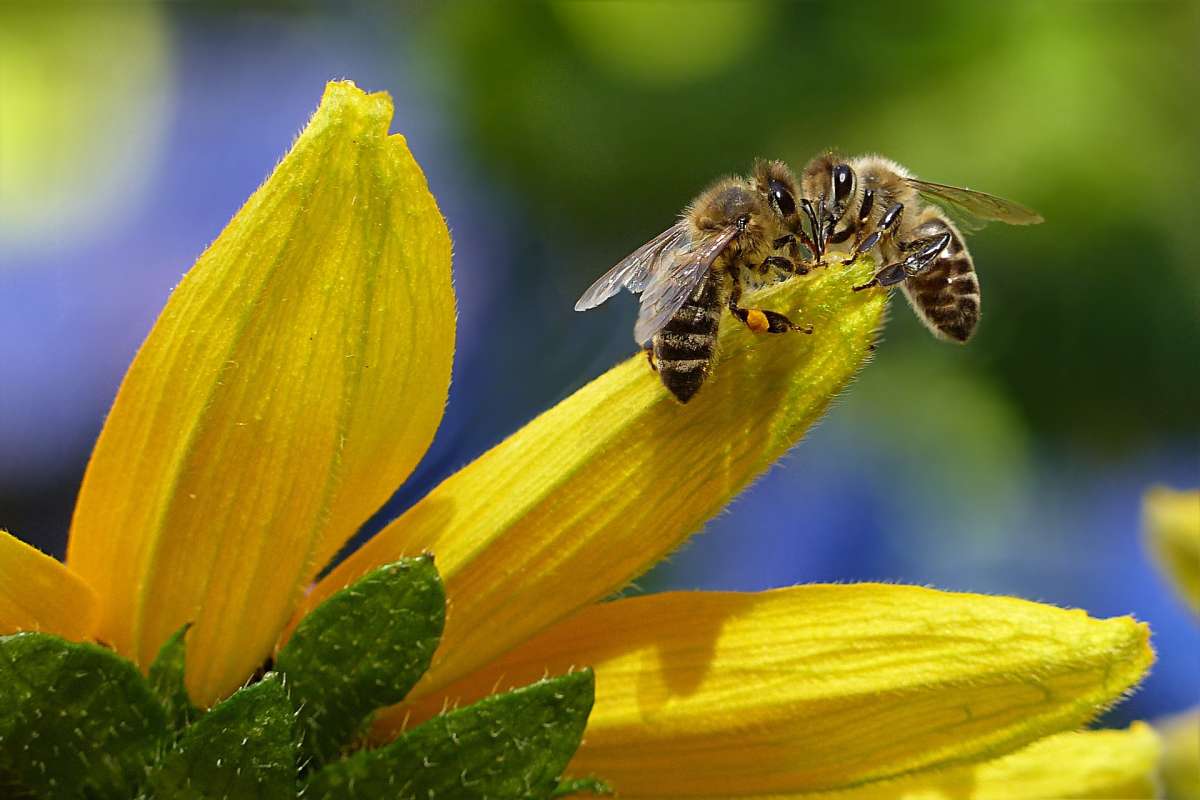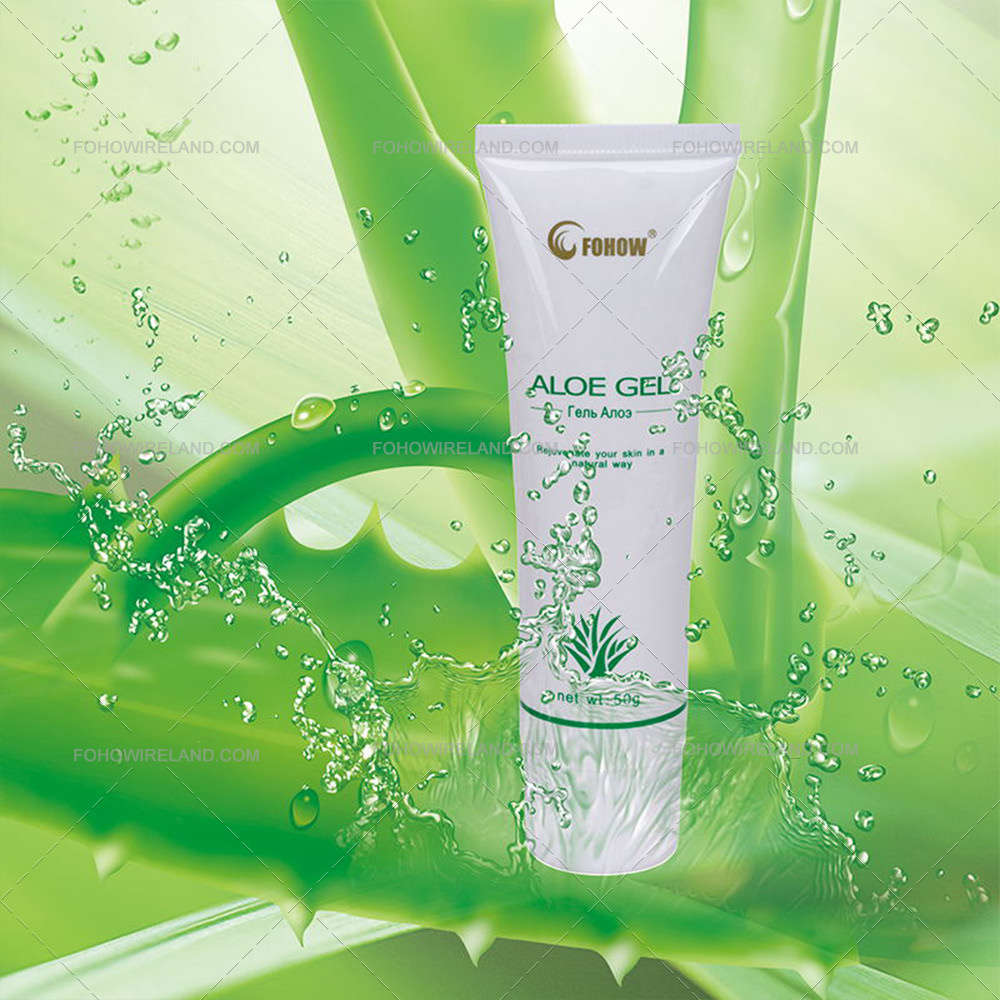How to Prevent and Treat Insect Bites and Stings

Nature trail adventures and backyard play dates shouldn't be cut short. But, when itching and crying from your little one as she frantically swats at buzzing pests ruins a summer outing, you have to take action.
We reached out to some experts to learn how to prevent and treat insect bites and stings. Thankfully, you can soothe those boo-boos quickly with several things you probably already have at home!
Preventing Insect Bites and Stings

Photo credit: Pixabay
First, let's figure out how to keep annoying mosquitoes, bees, flies, ants and other insects at bay when enjoying the outdoors. The bug-pro entomologists at Terminix-Triad suggest the following:
⦁ Reduce or eliminate standing water in the areas near where your child plays. Take a close look at the folds in a grill cover, unused flower pots, tires, sandbox covers and clogged rain gutters.
⦁ Dress your child in lightweight, light-colored clothing. Pests are drawn to darker colors and exposed skin, so opt for play clothes with long sleeves and hemlines that reach the ankles. Linens and cottons keep kiddos cool!
⦁ Play outdoors in landscaped areas. Stick to yards and parks with mowed grass, mulch or gravel surfaces. Bugs tend to linger in long grasses, weeds and forest areas. Choose an open area where you can enjoy a breeze to stay refreshed. Air movement also keeps bugs away!
Also, try staying indoors at sunrise and sunset or after a rainfall. That's when flying pests are most active, according to Holistic Integrative Pediatrician Dr. Tamika Bush of Houston, Texas. She also recommends adding natural bug deterrents to your garden or flower boxes such as basil, mint and rosemary.
"For my daughter I also use essential oils to help. Mixing 1/2 cup of water in a small spray bottle and adding several drops of either citronella, peppermint or rosemary oil can be sprayed in the area your children are playing. Many of these same oils can be added to a carrier oil such as coconut oil and made into a salve/balm to apply to your child's skin topically as well," Bush noted.
At-Home Treatment Options

If your little one seems to be a bug magnet, pediatrician Mark Gettleman M.D. F.A.A.P. from The Everett Clinic in Smokey Point, Washington suggests pre-treating the skin before heading outdoors.
"Use a good insect repellent. DEET is the gold standard, using a product with at least 20% DEET (like Deep Woods Off) is recommended, unless your child is under 2 months old. The higher the DEET concentration, the better it works," Gettleman explained.
If your child has already been bit or stung, you'll notice a raised, red round area, small red pimples, blotchy skin or even hives. Thankfully most bites and stings are nothing to worry about. Gettleman suggests applying a topical 1% hydrocortisone ointment or cream to control the inflammation. For larger affected areas, a child can take an oral dose of Children's Benadryl as instructed on the product package.
Additional topical treatments to soothe your child's irritated skin include raw manuka honey, aloe vera and calendula cream. Bush says these items naturally contain antibacterial properties that reduce possible infections and lessen swelling so your kiddo will feel better in no time.
Is My Child Allergic to Bugs?
Sometimes bug bites can cause more serious reactions. Dr. Mike Patrick from Nationwide Children's Hospital in Columbus, Ohio says if you're concerned, don't hesitate to see a doctor.
"If a rash develops at distant sites (such as scattered hives) or additional symptoms occur (such as coughing, wheezing, drooling, difficulty breathing or swallowing, abdominal pain or vomiting), your child may be having a dangerous allergic reaction called anaphylaxis. If this occurs, call 911 and use any emergency medication (such as an Epi-Pen) previously provided by your child's doctor," Patrick commented.
You should seek medical help if a lingering bug or insect bite begins to worsen over time, appears infected, has drainage or your child develops a fever.
Don't let backyard bugs ruin your outdoor plans this summer. Learn how to prevent and treat insect bites and stings with a little yard prep, smarter clothing choices and bug repellent, you can keep your kiddo safe from itchy bites and painful stings. Learn more about the safest bug sprays for kids and what to put in a first aid kit to keep your family safe this summer.
Photo Source: Pexels/ Pixabay